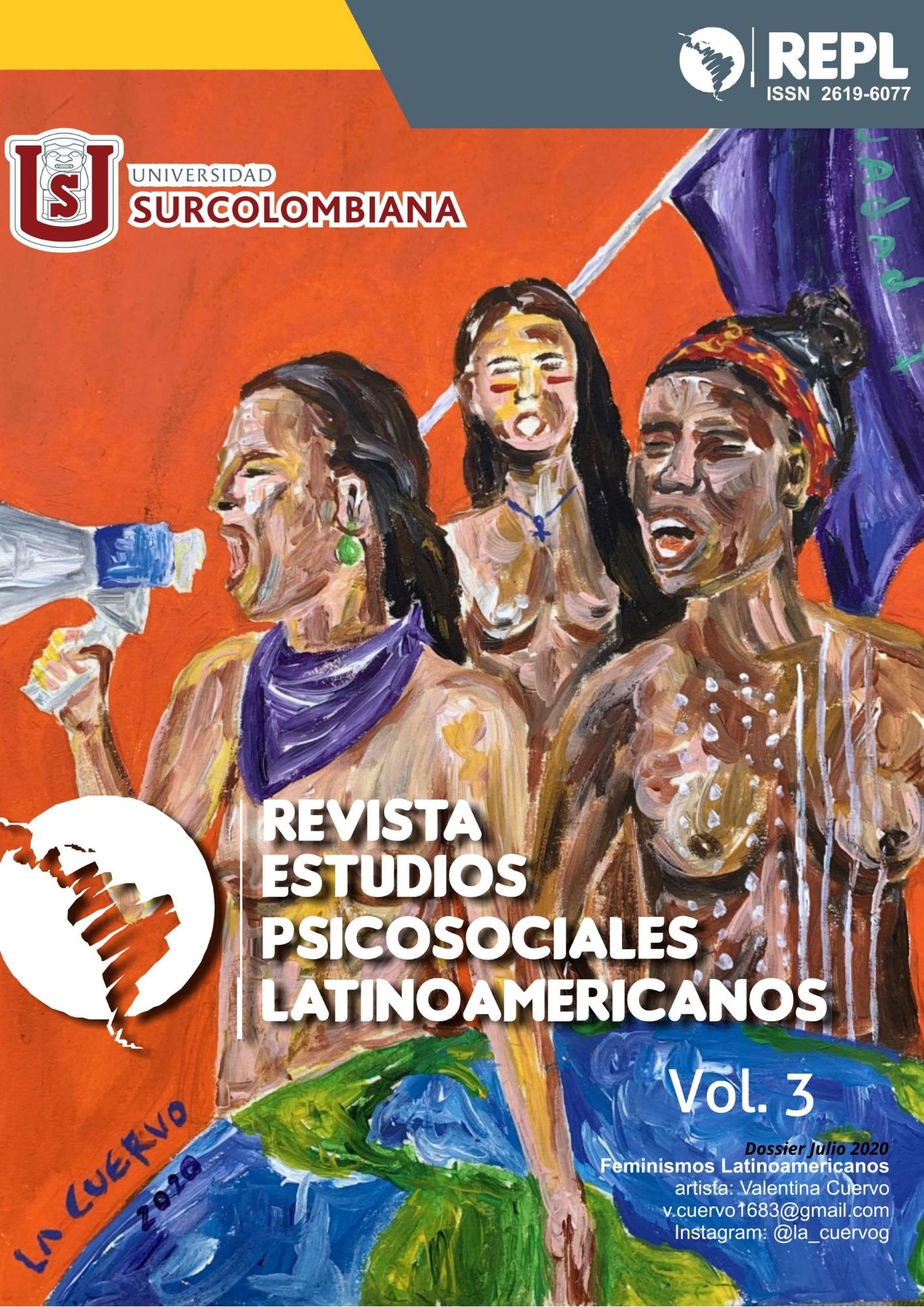Comics authors and cartoon researchers. An alliance to forge feminist genealogies in Latin America
##plugins.themes.bootstrap3.article.main##
The article presents a reflection on the way in which the field of feminist comic and graphic humor studies in Latin America is constructed. Specificity outlines borders and points out some problems that we intend to explore. In the first place, the possibility of giving entity to a line of studies within the field of studies of what we widely recognize as drawn narratives. We are interested in thinking about how research lines are distinguished that point to the analysis of sexist content in the production of authors, to the recovery of the invisible history of the female authors who contested a field hegemonized by the gaze and the male presence or dedicated to approaching the current panorama of a militant comic production and edition scene (feminist and LGTBQ +). Secondly, we are interested in putting into dialogue the experience of researchers who have worked on these issues from different coordinates, which implies forging a genealogy of these research lines also in the studies that are being carried out in the region and in the world. Genealogy thus has a twofold path: the construction of the feminist comic strip production / lgtbq + and that of the investigations that revealed this production, both have a history in the region and a conflictive dimension that implies understanding the mechanisms of visibility / invisibility and the possibilities of access and permanence both in the production of comics and in their critical reception from the academy.




